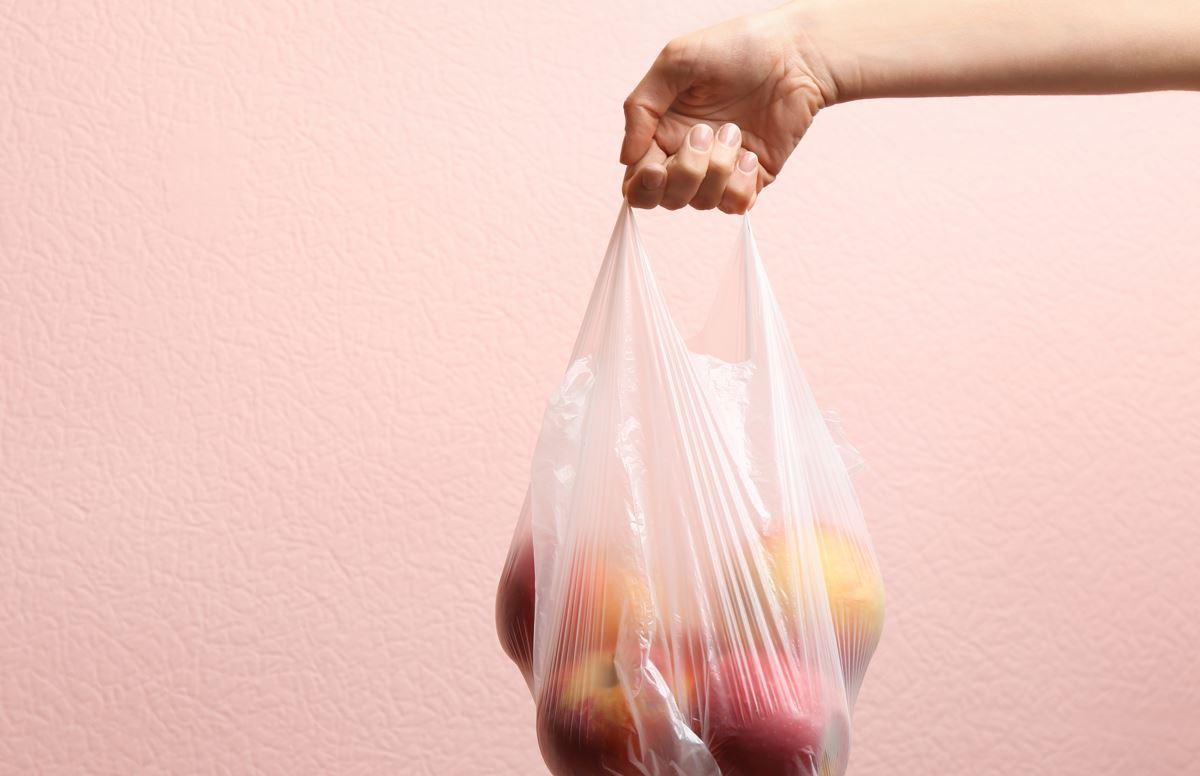
Hazlitt’s Lesson Restated: New Jersey’s Disastrous Ban on Single-Use Plastic
New Jersey became one of the latest states in 2022 to ban single-use bags. In 2014, California became the first state to ban of use plastic bags. Since then, several states have followed including New York, Oregon, and Washington for a total of ten states. Advocates for the ban proclaim disposable bags to be bad for the environment and reusable bags to be good for the environment.
Many different studies have looked at the environmental impact of plastic, paper and reusable bags and have found that the environmental impact of plastic is far less damaging as being portrayed in the media. What really matters is what happens to the disposable or reusable bag after the initial purchase? As all too often, lawmakers at the state and municipal level wanting to be seen as environmentally conscientious never thought beyond the initial ban and never considered the unintended consequences. Economics in one lesson by Henry Hazlitt would be a good starting point.
New Jersey as one of the latest states to jump on the plastic ban band wagon is a great example of great intentions with bad consequences. New Jersey wanting to push the envelope even further and being more environmentally conscientious by not just banning plastic bags went even further and banned any kind of single-use bags, plastic or paper, for grocery stores over twenty-five hundred square feet. Lawmakers with a single-minded focus on eliminating single-use bags never imagined all the possible unintended consequences this law might have.
Over the past three years, the covid pandemic caused a shift in consumer behavior toward more online grocery shopping. The convenience of online grocery shopping has provided a prime example of the failure of planning, any economic planning. Online grocery orders still have to be packaged to be delivered to the customer. With a ban on any kind of single-use bag, the only solution are reusable grocery bags. The law’s unintended consequences are mountains of heavy-duty reusable shopping bags for people who rely on grocery delivery services or curbside pickup services. All these bags will probably end up in the garbage.
The embrace of reusable bags as the sole solution to the problem creates problems well beyond the imagination of short-sighted politicians. As more and more stores require reusable bags, consumers will end up being required to buy a reusable bag for the quick unplanned trip to the grocery store or the time when all the reusable grocery bags faithfully brought to the store are not enough for the unplanned sale of an item. Every product is manufactured with a consumer in mind. As Mises points out in Profit and Loss, the market will reward the product that will fulfill the consumer’s needs at the lowest price. The single use plastic bag has done a fantastic job over the years.
Study after study has shown that single-use bags are better for the environment than paper or reusable bags, they have the lowest environmental impact. Plastic bags use less fuel and water, fewer greenhouse gases, and less solid waste than the other two. In an article published by Columbia University summarizes it well:
Generally speaking, bags that are intended to last longer are made of heavier materials, so they use more resources in production and therefore have greater environmental impacts. To equal the relatively low global warming impact of plastic bags, paper and cotton bags need to be used many times; however, it’s unlikely that either could survive long enough to be reused enough times to equal the plastic bag’s lower impact.
The author of the articles concludes “the key to reducing your environmental impact is to use whatever bags you have around the house as many times and in as many ways as possible.”
New Jersey’s lawmakers in their infinite wisdom would like all people to use cotton bags or other reusable bags, ignoring the evidence to the contrary. Retailers and supermarkets in their desire to showcase their planet-friendly mindset or at least showcase to the public their environmental conscience have raced to voluntarily stop using single-use plastic bags in favor of some form of a reusable bag. However, both a Danish and a UK study conclude that cotton totes have the worst environmental impact of all bags. A cotton bag needs to be used so many times to equal the environmental impact of a plastic bag often well beyond a reasonable lifetime use. Organic cotton bags fare even worse.
As consumers accumulate more and more reusable bags far beyond their need for reusable bags, the question remains what happens to them. Most municipalities do not have a recycling program for reusable shopping bags which leaves the landfill, exactly what all these well intended laws want to avoid. Anyone who uses reusable and cotton bags knows that reusable grocery bags get dirty and nasty quite quickly. Reusable bags ideally need to get washed after each use to avoid the growth of bacteria. The problem of dirty reusable grocery bags must be widespread that grocery store chains like Wegman’s have sign at checkout allowing cashiers to refuse dirty shopping bags.
New Jersey’s lawmakers, acknowledging their catastrophic failure in foresight and the hard lesson in unintended consequences, propose to allow paper bags for online orders. Paper bags on the surface seem to be more environmentally friendly as they are produced from a renewable resource, can be recycled, and are biodegradable, but the manufacturing of paper bags uses more energy and more water. Trees have to planted and harvested plus require land. More importantly, paper bags break easily when wet and are often used just once.
Lawmakers around the country envision the perfect consumer. An article in The Atlantic describes well how politicians like the socialist planners envision a “healthy, waste-conscious and ecologically responsible, conservatively ethnically diverse, carefree but productive, connected, affluent, tolerant, adventurous, optimistic. In short, they’re virtuous.” Shoppers with a clean and ascetically pleasing reusable shopping bag carrying fresh fruits and vegetables.
Politicians are engaging in an environmental Whac-A-Mole game, trying to solve one perceived environmental problem only to create or exacerbate another problem.



